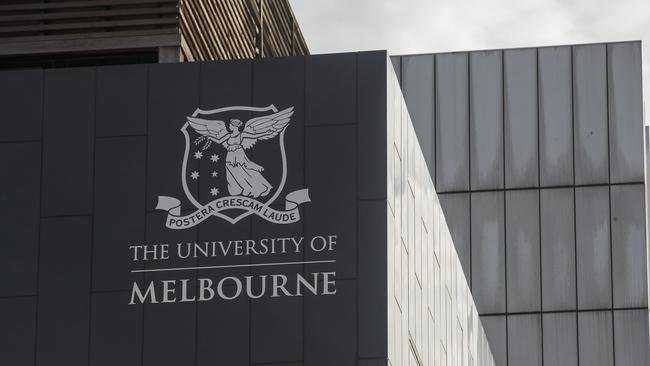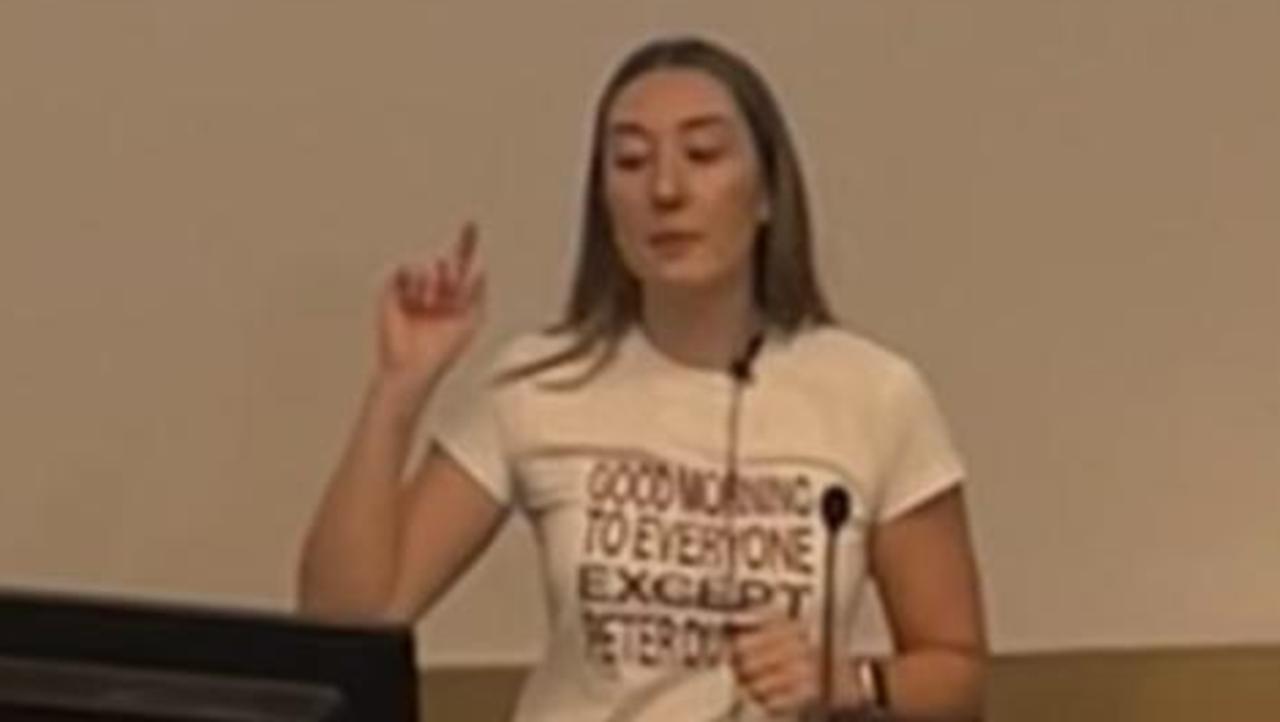FWO warns of tough wage theft penalties for universities
Ombudsman Anna Booth revealed systemic problems with wage theft in almost all universities, calling on them to ‘lift their game’ in complying with workplace laws.

The Fair Work Ombudsman has warned of stiff penalties for wage theft uncovered at 20 Australian universities it is investigating in the wake of Melbourne University’s $72m payout this week.
Ombudsman Anna Booth revealed systemic problems with wage theft in almost all universities, calling on them to “lift their game’’ in complying with workplace laws.
“Every single university has come across the radar of the FWO in this respect,’’ she said.
“There’s no doubt that this trend of poor governance, poor management oversight, lack of centralised human resource functions, failure to invest in payroll and time and recording systems is typical of what we’re seeing across the entire sector.
“That is out of alignment of what you would expect to see in a big business.’’
Ms Booth, who is a former deputy commissioner at the Fair Work Commission, said she was “no longer surprised, but I’m disappointed’’ that such large and well-resourced institutions had failed to properly pay staff.
“They do need to make sure their governance shines a light on their compliance, and they do need to have systems and processes in place,’’ she said.
“We are still engaging with 20 universities to deal with their underpayments. In the end, what we’re after is a university sector that uniformly treats its workers properly and makes sure that the workplace standards they’ve agreed to in their enterprise agreements are upheld.’’
Ms Booth warned that from January 1, the FWO will be able to seek $4.7m penalties against universities that fail to rectify wage theft through enforceable undertakings.
“We definitely have the ability to move to litigation if we don’t get co-operation after we’ve fully investigated a situation,’’ she said.
“If we are successful (in court) the penalties are up to three times the underpayment amount, or $4.695m, whichever is the greater … and we would also seek compensation for the workers concerned.’’
Workplace legal compliance will now be included as a standing agenda item for discussion at chief people officer meetings of the Group of Eight universities.
Melbourne University apologised to staff on Monday for $72m in wage theft from 25,000 employees over the past decade.
Most staff have already been back-paid $54m in wages, as well as $12.3m in interest, $4.6m in superannuation and $1m in interest on superannuation – bringing the total cost to more than $72m.

The university will also pay a $600,000 “contrition payment’’ – the equivalent of a fine – to the commonwealth consolidated revenue fund. The FWO found the university had paid casual academics based on unlawful “benchmarks’’ – such as words-per-hour or time-per-student – rather than the actual hours they worked. Six employees were underpaid between $100,000 and $150,000, but most less than $5000.
The FWO blamed the wage theft on “systemic failures in compliance, oversight and governance processes’’.
Ms Booth said Melbourne University’s “enforceable undertaking” was the most comprehensive signed by any Australian university, and “provides an example for the sector’’.
“We’d like to see elements taken up by all the universities, whether or not it’s through an enforceable undertaking or not,’’ she said.
Melbourne University has committed to spend $105m for a new payroll, HR, rostering and finance system.
It will also set up a new Employment Compliance Directorate, employ 13 “casual workforce compliance managers’’, set up a hotline for casual staff to raise wage complaints outside their direct line of management, and undertake regular payroll audits.
A joint consultative committee, including union representatives as a “worker voice’’, will meet at least monthly.
Ms Booth said individual employees may also sue separately for damages, even if they have been back-paid stolen wages.
“The undertaking means we won’t take (the University of Melbourne) to court but we cannot sign away the rights of an individual worker to pursue their own underpayment matter,’’ she said.





To join the conversation, please log in. Don't have an account? Register
Join the conversation, you are commenting as Logout